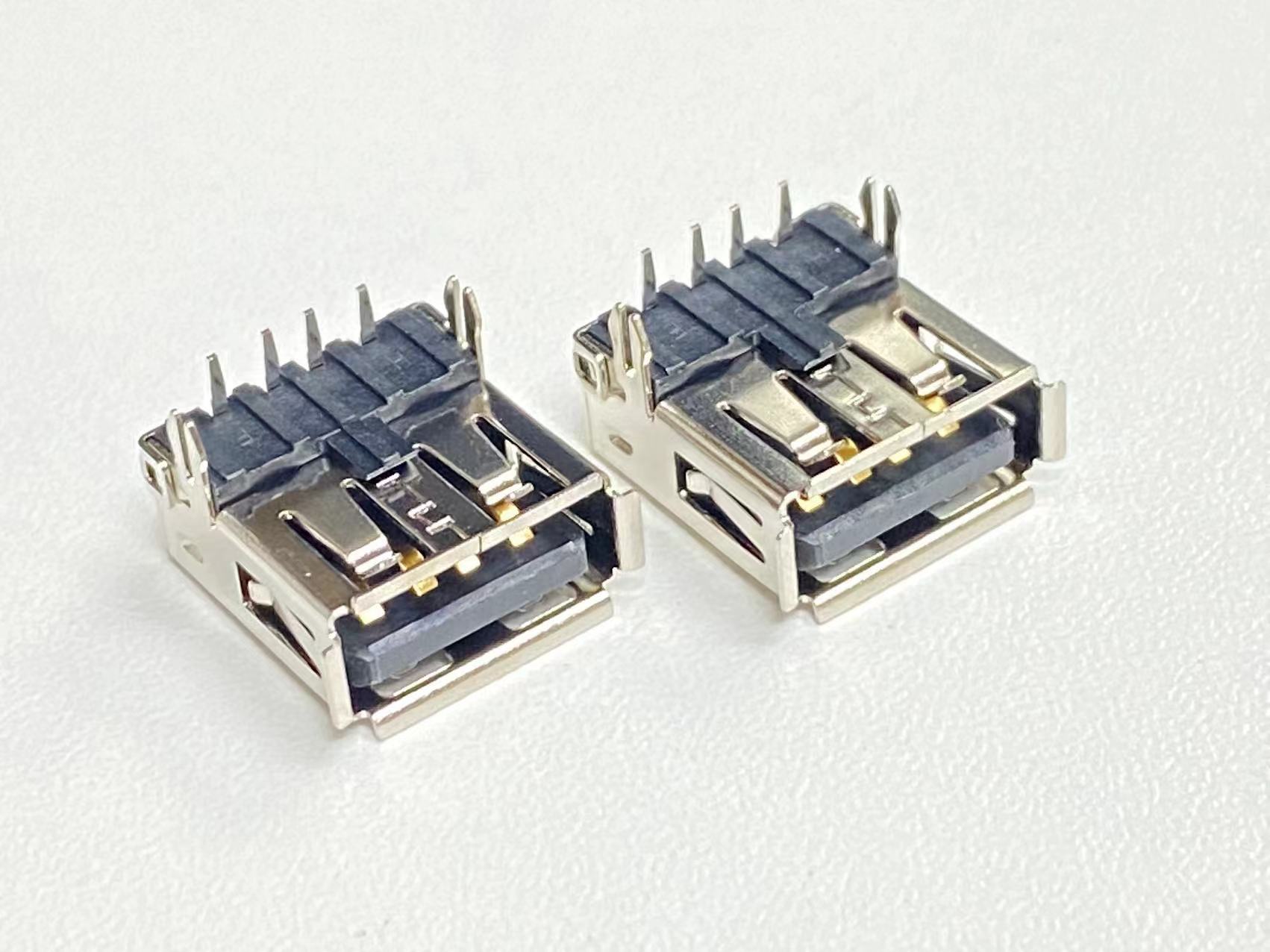The full-function USB Type-C interface is rapidly emerging as a critical technology in the electronic device industry, offering unparalleled value and potential. As technology continues to advance and market demands evolve, the USB Type-C interface has become an indispensable component in modern electronics, known for its high-speed data transmission, multifunctionality, and user-friendly design. This article delves into the key characteristics of the full-function USB Type-C interface and explores its future development trends.with HDMI Interface For example, if it continues to develop, it will definitely become the benchmark of the industry and play an important role in leading the market. https://www.szxianhe.com/
High-Speed Data Transmission
One of the standout features of the full-function USB Type-C interface is its high-speed data transmission capability. Supporting the USB 3.1 standard, this interface can achieve transmission speeds of up to 10Gbps, making it ideal for devices that require rapid data exchange. Whether it¨s a smartphone, laptop, or external storage device, the USB Type-C interface delivers fast and reliable data transfer, significantly enhancing user productivity and overall experience.
Multifunctionality
Another significant advantage of the full-function USB Type-C interface is its versatility. Beyond data transmission, it supports various functions, including video output, audio transmission, and power delivery. This multifunctionality allows a single USB Type-C port to meet multiple device needs, reducing the number of ports required and simplifying both device design and user operations. For instance, a laptop can connect to a display, charge, and transfer data simultaneously through a single USB Type-C port, integrating multiple functionalities into one interface.
usb type-c
User Convenience
The USB Type-C interface also stands out for its user-friendly design. Its symmetrical connector allows for reversible plug-in, eliminating the frustration of incorrectly inserting the cable. This feature is particularly beneficial for devices that require frequent plugging and unplugging, such as smartphones and tablets, where users no longer need to worry about plug orientation, enhancing overall convenience.
Compatibility and Standardization
Compatibility and standardization are other critical aspects of the full-function USB Type-C interface. As a globally recognized standard, it is compatible with a wide range of devices and systems, reducing connection barriers and fostering a unified ecosystem. This interoperability is crucial for promoting industry standardization, as devices from different manufacturers can seamlessly connect through the USB Type-C interface, facilitating system integration and device compatibility.
Safety and Durability
The full-function USB Type-C interface is also noted for its safety and durability. Constructed with robust materials and advanced manufacturing processes, it can withstand frequent use, reducing the likelihood of damage and lowering maintenance costs. Additionally, the USB Type-C interface supports multiple security protocols, such as USB Power Delivery (USB PD) and data encryption, ensuring the safety of devices during charging and data transfer.
Conclusion
In conclusion, the full-function USB Type-C interface, with its high-speed data transmission, multifunctionality, ease of use, compatibility, and durability, opens up new possibilities for modern electronic device design and functionality. As technology progresses and market adoption increases, the USB Type-C interface will become even more prevalent, offering consumers a more efficient, convenient, and high-quality experience. Looking ahead, the USB Type-C interface is poised to become a key standard in the electronics industry, driving the sector towards greater intelligence and integration.